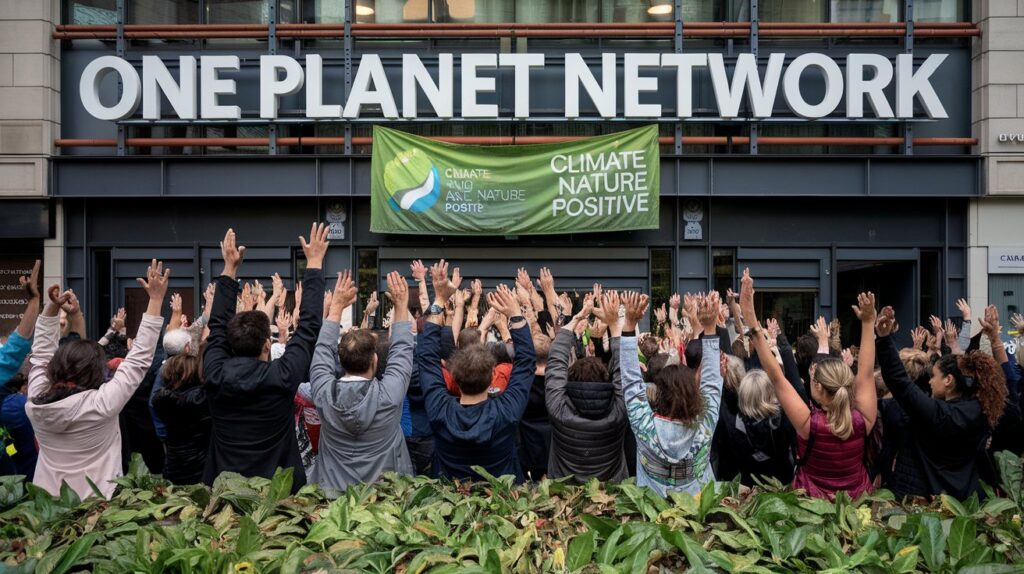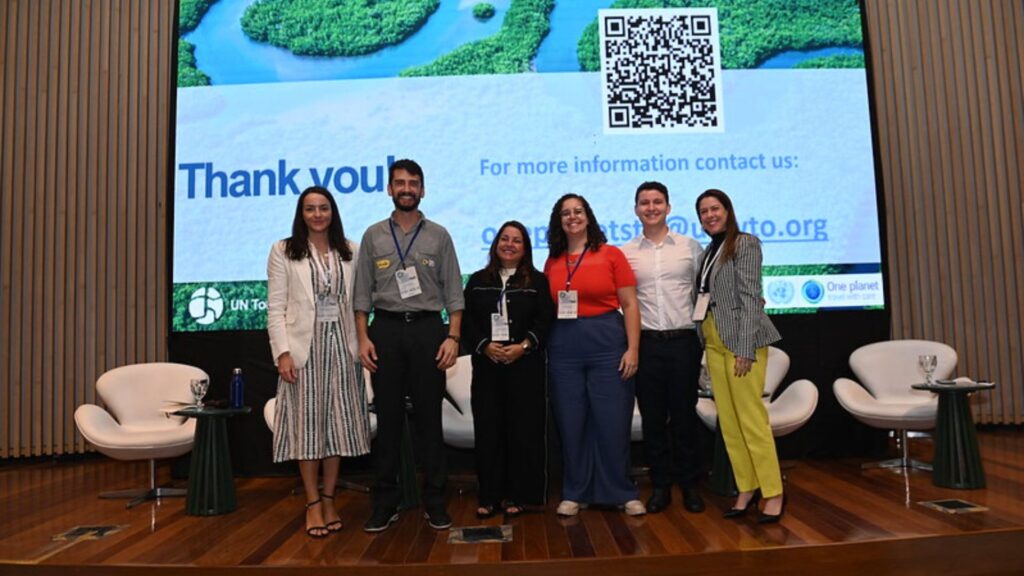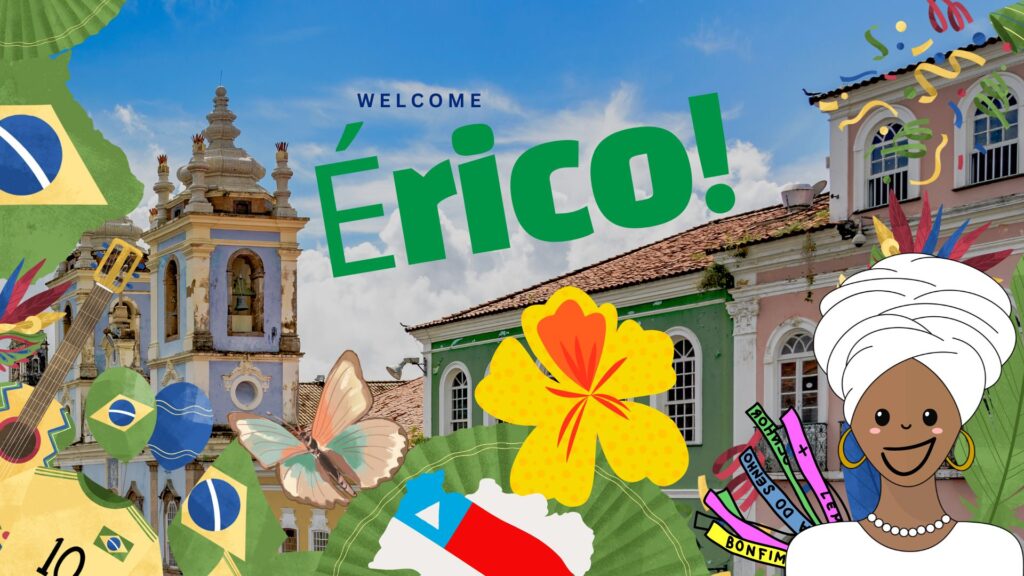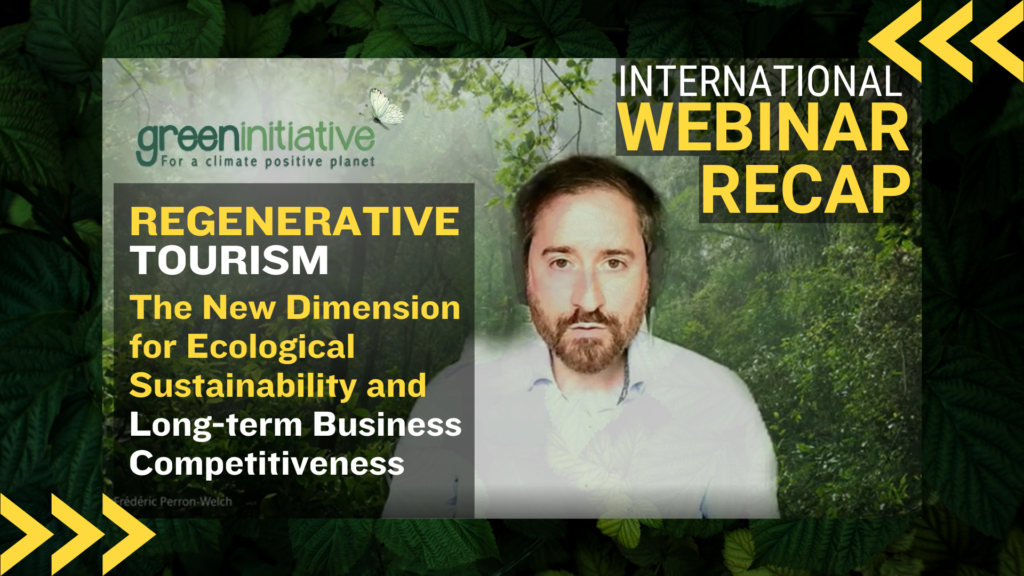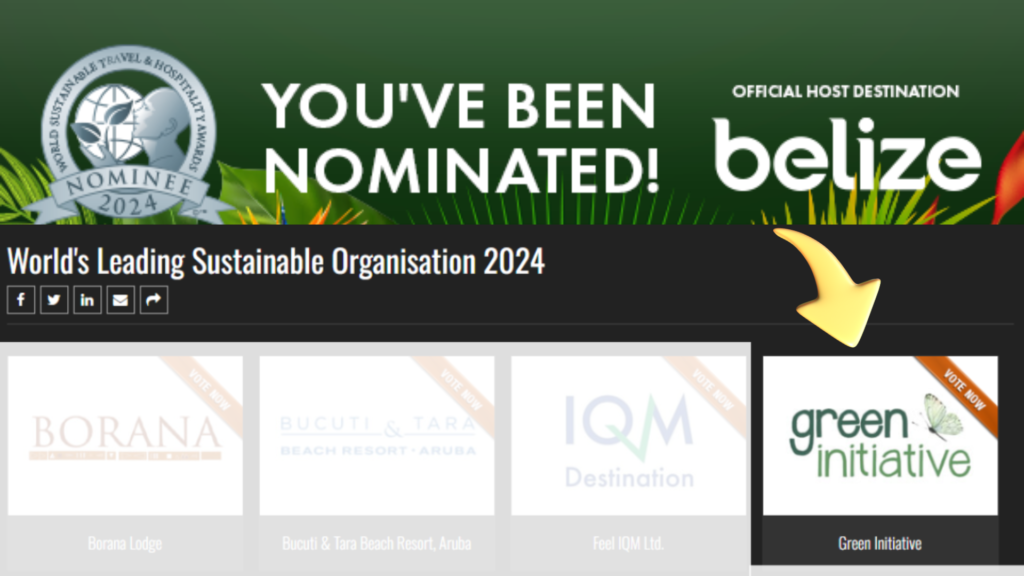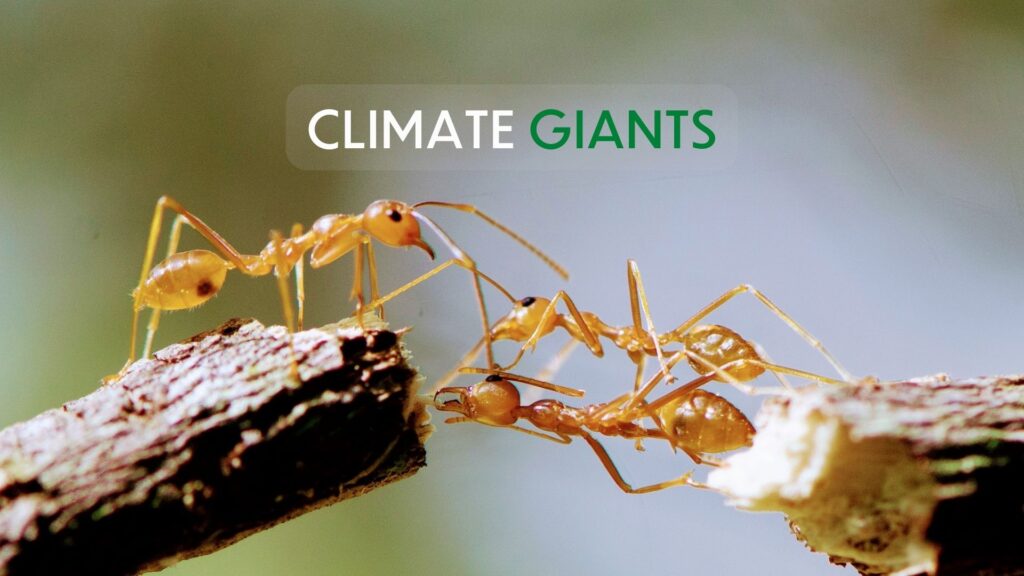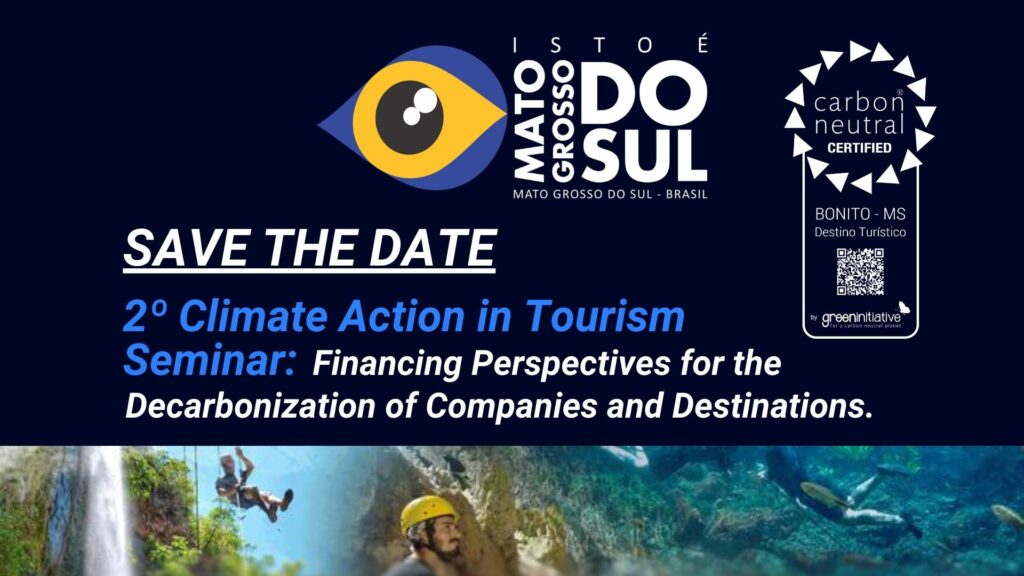Circular Economy in Tourism: An Essential Strategy for Climate Action and Sustainable Development of the Sector
Tourism, recognized as an engine for development and a promoter of cultural exchange, operates as a highly complex sector. Its structure ranges from small community-based enterprises to giant hotel chains and airlines, interacting within diverse and often fragile ecosystems. This very complexity places the sector at the center of a critical dual reality in the current era. The industry is highly vulnerable to climate change impacts such as extreme weather events, sea-level rise, and alterations in seasonal patterns that threaten destinations. Simultaneously, it significantly contributes to the causes of these changes. Frequently cited estimates from organizations like the World Tourism Organization (UNWTO) indicate that the sector’s carbon footprint accounts for between 8% and 10% of global GHG emissions when considering its entire value chain. This situation demands an urgent and profound transformation, as the prevailing tourism model for decades, based on a linear “take-make-dispose” economy, is currently unsustainable. In this context, the Paris Agreement, the most relevant global commitment to limit global warming to well below 2°C, establishes the binding framework for action. Key sector initiatives, such as the Glasgow Declaration on Climate Action in Tourism, translate this imperative into concrete goals for the sector: halving emissions by 2030 and achieving Net Zero as soon as possible before 2050. To address this challenge, the Circular Economy emerges not merely as another alternative, but as the fundamental operational strategy. Applied to tourism and grounded in principles promoted by leading entities like the Ellen MacArthur Foundation and adopted in policies and guidelines by multilateral organizations, the Circular Economy offers the practical tools to dismantle the linear model. Its goal is to radically optimize resource use (energy, water, materials, food) and, consequently, minimize the carbon footprint, thus becoming the main driver for fulfilling the climate commitments derived from Paris and Glasgow. The project “Coalición Turística por una Economía Circular, Inclusiva y Climáticamente Inteligente” (Tourism Coalition for a Circular, Inclusive, and Climate-Smart Economy), a collaboration between CANATUR and AECID, with technical support from Green Initiative and funding from the European Union, recognizes the circular economy as a key tool that contributes to the global objectives associated with the current climate crisis. The general objective of such projects is to implement a circular development model centered on an economy where reuse, recovery, recycling, extending the useful life of products, and reducing the carbon footprint in the tourism sector prevail, while also promoting innovation and competitiveness in a fair and equitable manner. Implementing circularity in tourism involves fundamentally redesigning the experience and operation, following its basic principles: In practice, this materializes through a comprehensive approach that spans the entire tourism value chain. Some concrete examples include: Adopting these circular practices is not only essential for planetary health and meeting binding climate commitments, but also generates operational efficiencies, reduces costs, and enhances reputation. The transition from a linear production and consumption model to a circular model that prioritizes the reuse, recovery, and recycling of resources is essential for both environmental integrity and sustainable economic growth. The adoption of a circular economy model in tourism lays the operational groundwork for sustainable and responsible management. This vision of circularity prepares us and paves the way for an even greater aspiration: Regenerative Tourism—a type of tourism that not only avoids harm but actively revitalizes ecosystems, communities, and local cultures, aiming to leave them better than found. The CANATUR and AECID project is dedicated to fostering a more sustainable and low-carbon tourism model within Peru, thus establishing itself as a crucial undertaking for the global climate agenda. Recommended additional reading: World Tourism Organization (UNWTO). (2023). Climate Action in the Tourism SectorThis report provides an overview of greenhouse gas emissions measurement in tourism and assesses the sector’s climate action efforts.👉 Climate Action in the Tourism Sector World Tourism Organization (UNWTO). (2024). Policy Guidance to Support Climate Action by National Tourism AdministrationsThis policy guidance assists National Tourism Administrations in developing tourism climate action policies and initiatives to support the low-carbon transition.👉 Policy Guidance to Support Climate Action Ellen MacArthur Foundation. (2021). Circular Economy IntroductionAn introduction to the circular economy, explaining its principles and how it aims to eliminate waste and regenerate nature.👉 What is a circular economy? This article was written by Musye Lucen from the Green Initiative Team. Related Articles


